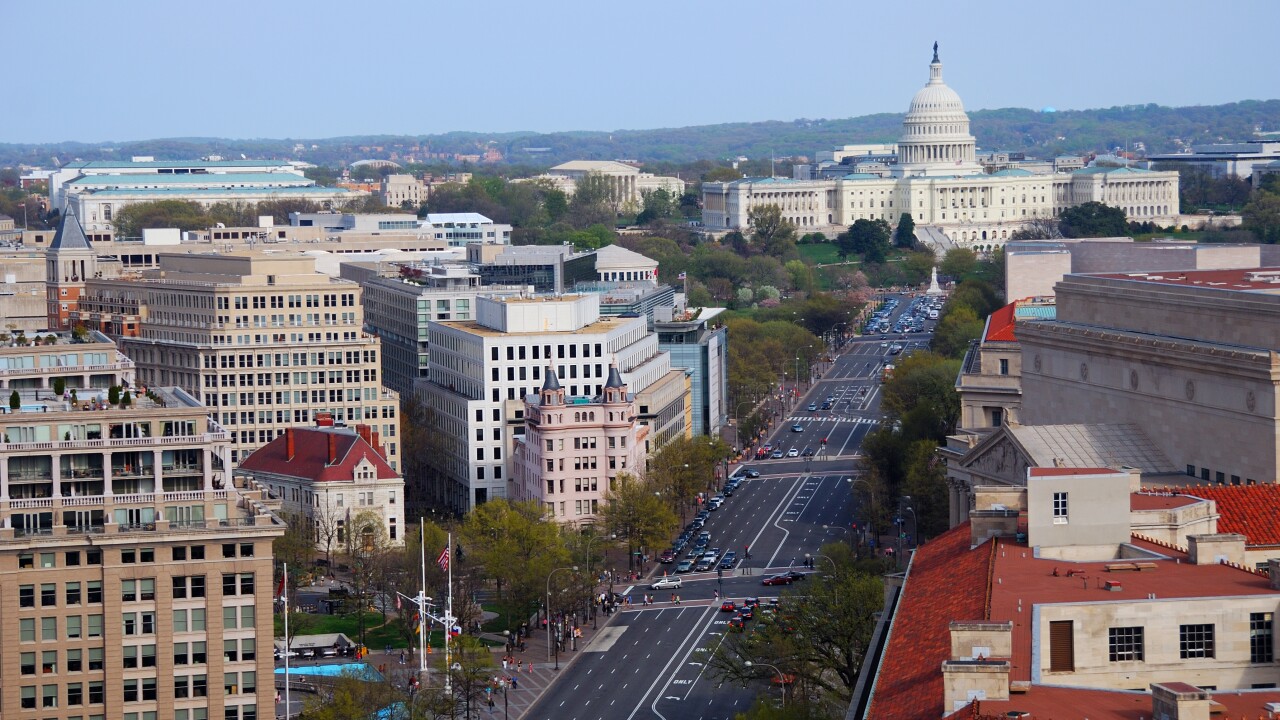Mortgage-bond investors will need to absorb about 26% more agency MBS supply in 2020 as both home sales and prices continue to climb, according to the average estimate of six of Wall Street's biggest dealers.
Analysts at the banks expect net supply of roughly $265 billion next year, versus an estimate of about $210 billion for 2019, based on a compilation of year-end reports and interviews. Forecasts range from a high of $290 billion from Wells Fargo & Co. to a low of $235 billion from Robert W. Baird & Co. It would be the first annual increase in net supply since 2017.
Wells Fargo mortgage-backed securities analysts led by Vipul Jain foresee new and existing-home sales contributing an additional $25 billion of net issuance in 2019. Home prices will rise 3%, slightly less than this year’s projected 3.5%. Other factors figuring into the estimates included cash-out refinancing, default and curtailment rates.
"Home sales are in strong shape as lower rates help with affordability and the older set of the millennium generation reaches prime buying age," Robert W. Baird senior portfolio strategist Kirill Krylov said in an interview. "Despite the problem with student loan debt, the majority of them are financially prepared to purchase."
New-home sales have a greater effect on MBS supply than existing-home sales, given the purchase of a previously owned home is often accompanied by the seller paying off their outstanding home loan.
The ratio between new- and existing-home sales has "been gradually drifting higher over the past few years, which is a positive for overall mortgage debt creation," according to Nomura Holdings Inc. MBS analysts led by Arun Manohar.
The securitization rate, a measure of the percentage of home loans that banks package into bonds versus those they keep on their books, is also a key factor determining net issuance. This year has seen the lowest rate since at least 2005, according to Morgan Stanley MBS analysts led by Jay Bacow.
At about 76%, it's well below the 87% average over the span. If it does revert to historic levels, net supply could come in $150 billion above forecasts, according to Bacow.
Another factor that will impact net supply is how much of the Federal Reserve's $1.4 trillion in MBS holdings the central bank allows to roll off its balance sheet. The amount has been capped at $20 billion per month. JPMorgan Chase & Co. analysts Brian Ye and Nicholas Maciunas forecast supply from this source will drop to $220 billion, a $10 billion decline from 2019.
Should mortgage rates remain close to current levels, the bulk of new conventional 30-year issuance will likely be seen in the 2.5% and 3% coupons. According to Wells Fargo data, these coupons are the only ones that have seen positive net issuance over the past three months, at $37 billion and $119 billion, respectively.



